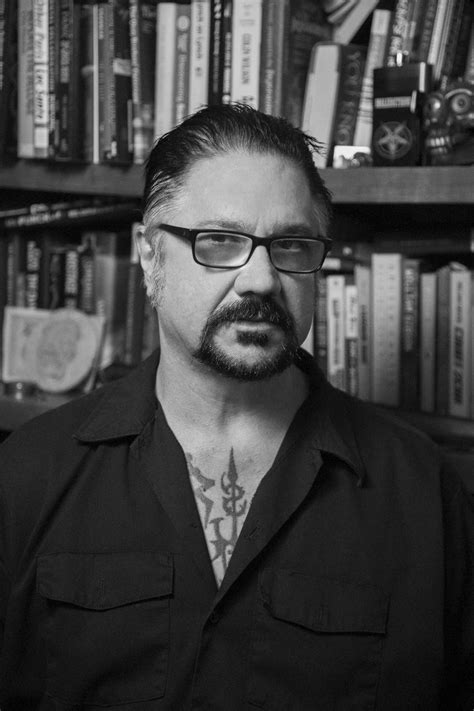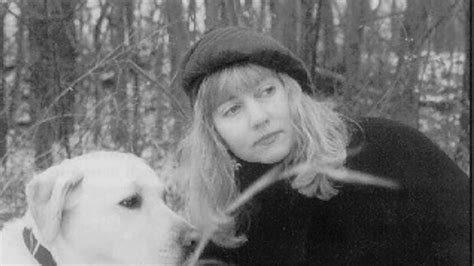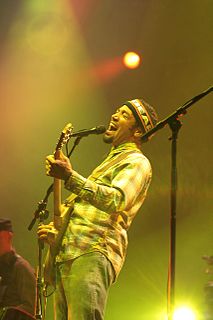A Quote by Terry Tempest Williams
I write because it is dangerous, a bloody risk, like love, to form the words, to say the words, to touch the source, to be touched, to reveal how vulnerable we are, how transient.
Related Quotes
Words! Mere words! How terrible they were! How clear, and vivid, and cruel! One could not escape from them. And yet what a subtle magic there was in them! They seemed to be able to give a plastic form to formless things, and to have a music of their own as sweet as that of viol or of lute. Mere words! Was there anything so real as words?
A lot of people think they can write poetry, and many do, because they can figure out how to line up the words or make certain sounds rhyme or just imitate the other poets they've read. But this boy, he's the real poet, because when he tries to put on paper what he's seen with his heart, he will believe deep down that there are no good words for it, no words can do it, and at that moment he will have begun to write poetry.
How will I ever get out of this labyrinth!" In reality, "How will I ever get out of this labyrinth!" were probably not Simon Bolivar's last words (although he did, historically, say them). His last words may have been "Jose! Bring the luggage. They do not want us here." The significant source for "How will I ever get out of this labyrinth!" is also Alaska's source, Gabriel Garcia Marquez's The General in his Labyrinth.
Nearly everyone underestimates how powerful the touch of another person's hand can be. The need to be touched is something so primal, so fundamentally a part of our existence as human beings that its true impact upon us can be difficult to put into words. That power doesn't necessarily have anything to do with sex, either. From the time we are infants, we learn to associate the touch of a human hand with safety, with comfort, with love.
A writer is a person who cares what words mean, what they say, how they say it. Writers know words are their way towards truth and freedom, and so they use them with care, with thought, with fear, with delight. By using words well they strengthen their souls. Story-tellers and poets spend their lives learning that skill and art of using words well. And their words make the souls of their readers stronger, brighter, deeper.
Of course you want someone special to love you. A majority of the people who write to me inquire about how they can get the same thing... Unique as every letter is, the point each writer reaches is the same: I want love and I'm afraid I'll never get it. It's hard to answer those letters because I'm an advice columnist, not a fortune-teller. I have words instead of a crystal ball. I can't say when you'll get love or how you'll find it or even promise that you will. I can only say you are worthy of it and that it's never too much to ask for it.


































